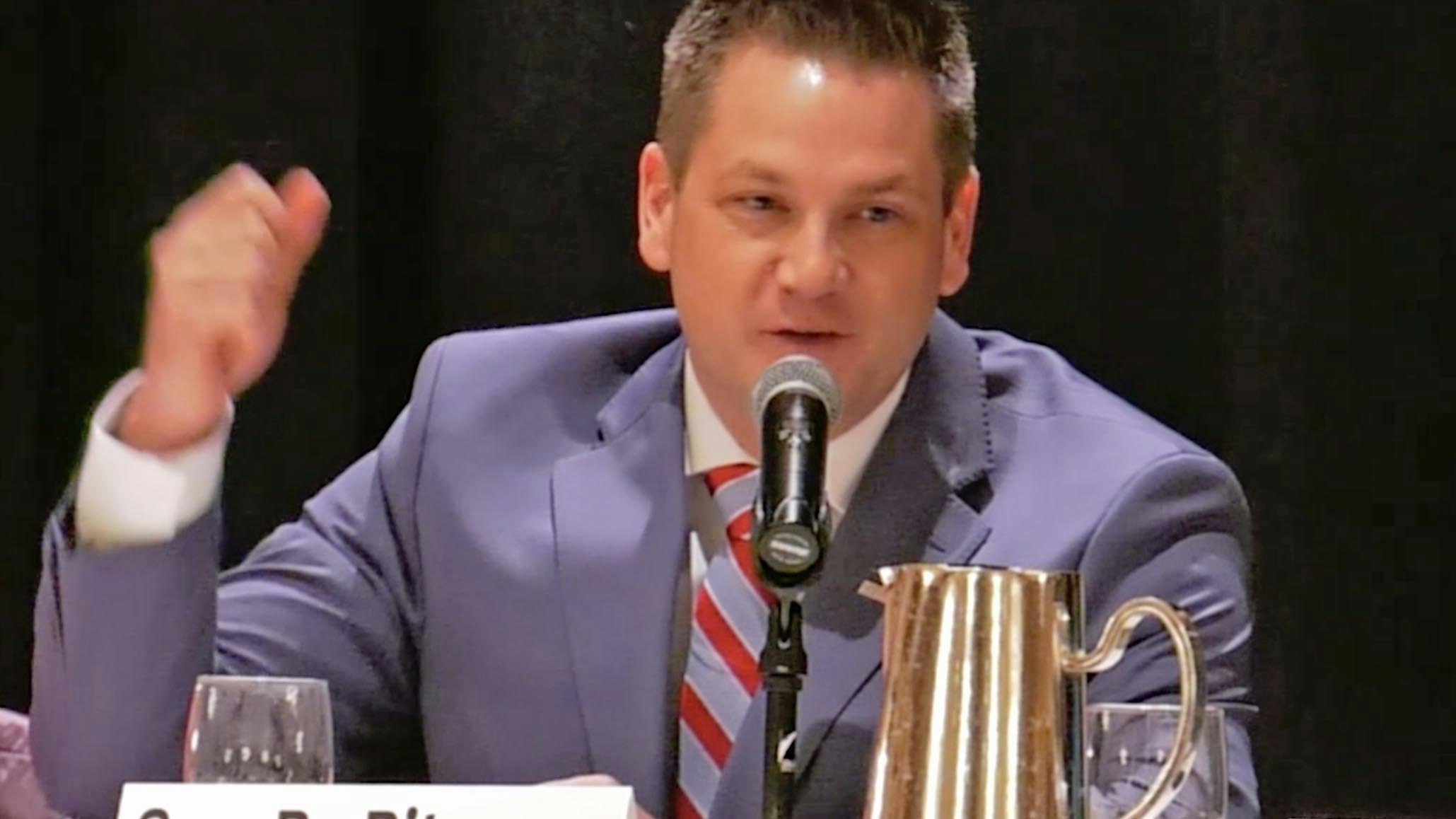A plan to expand Medicaid to provide more Wyoming residents with health insurance coverage might help keep people in Wyoming, but the cost might be too much for the state to handle, speakers at a panel discussion on the idea said Thursday.
Opponents and supporters of a bill proposed by the Legislature’s Revenue Committee debated the idea during a panel discussion hosted by the Wyoming Liberty Group.
The Revenue Committee’s bill is headed to the full Legislature for its consideration during its budget session, which begins Feb. 10. Estimates indicate that the bill would allow another 19,000 Wyoming residents to qualify for coverage under Medicaid at a cost of $9 million a year to the state.
Jan Cartright, executive director of the Wyoming Primary Care Association, said the benefits would outweigh the risks of adopting the expansion plan similar to programs in place in 37 other states.
“I think this is about people’s lives and I think I will work very hard with legislators to provide common sense arguments that are based on fact that would show this is a gamble Wyoming should take,” she said.
Several legislators, however, expressed concern over the cost of the program. The total cost is estimated at $154 million every two years, with the federal government paying about $136 million of the cost, leaving the state to pay the remaining $18 million.
“Ten percent of a large number is still a large number,” said Sen. Bo Biteman, R-Sheridan. “And we don’t have that money. We are scrambling, scratching and clawing, looking under the mattress for quarters. We’re not in any position to grow our state government at all. We need to be cutting our government.”
However, Rep. Dan Zwonitzer, R-Cheyenne, said the expansion might help keep residents in the state in the face of declining jobs in the mineral industry.
“In the next five years alone, we’re projected to lose 1,000 more jobs,” he said. “They equate that to about 4,000 people in the state that won’t have employment. They’re probably going to be forced to move somewhere else.
“The nice thing about Medicaid expansion in that respect, they’re part of the community, they want to hold on,” he continued. “If they can have access to part-time jobs to get them through until they can find other full-time employment in the state and we can keep them here, that’s great. Once they leave, we’re not getting them back.”
But the added burden of $18 million every two years for the state Health Department could result in cuts to existing department programs, said Rep. Sue Wilson, R-Cheyenne.
“I am very concerned, if our revenue picture’s the same, that we would expand Medicaid and then tell the department to find that money, $20 million a biennium, roughly, inside your agency,” she said.
However, Josh Hannes, vice president of the Wyoming Hospital Association, said the expansion would give officials in the state and the health industry to work together to develop a plan that would fit the state.
“We have an opportunity, I think, to work with our policy makers, our Department of Health, Department of Insurance, our folks at (the Centers for Medicare and Medicaid Services) to create a plan that works for Wyoming,” he said.
Naomi Lopez of the Goldwater Institute warned attendees that an extra influx of federal money will not necessarily lead to improved health care.
“There are a lot of areas where you can actually improve the delivery of care at a lower cost and really break away from this idea that government spending is going to be some kind of silver bullet to what ails your health care system,” she said. “It is not. What is actually going to fix the health care system is focusing on patient-centric solutions and I think that is not what Medicaid expansion is going to provide.”





